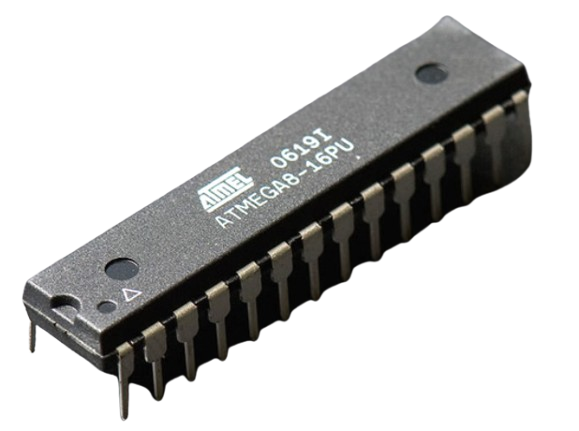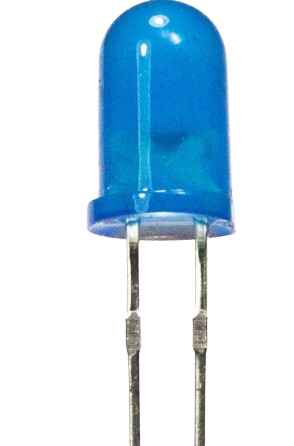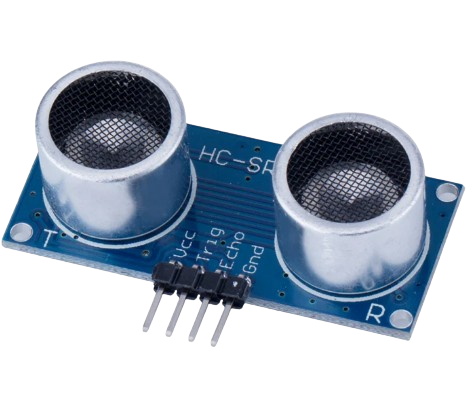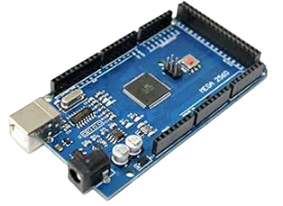🚀 New! Smart IoT Devices + Free Dashboard Access - Control Your Devices Online -
Access the RobuKits IoT Dashboard
*Product images are for illustrative purposes only. Actual product may differ from images. Please refer to the product description and specifications for details.
ATmega8 Microcontroller – 8-bit AVR MCU
₹150.0
Prices include applicable taxes.
5 sold
Only 495 left!
Check Delivery Availability
The ATmega8 is a reliable and widely used 8-bit AVR RISC-based microcontroller with integrated flash memory, timers, ADC, UART, and SPI. It is a perfect choice for embedded systems, robotics, IoT, and DIY electronics projects.
With its compact design and low power consumption, the ATmega8 is ideal for small to medium-scale automation and control systems, especially in educational and prototyping environments.
No reviews yet. Be the first to review!
Product Specifications
| Specification | Details |
|---|---|
| Architecture | AVR 8-bit RISC |
| Operating Voltage | 2.7V – 5.5V |
| Flash Memory | 8 KB |
| SRAM | 1 KB |
| EEPROM | 512 Bytes |
| Clock Speed | Up to 16 MHz |
| Digital I/O Pins | 23 |
| Analog Inputs (ADC) | 6 channels (10-bit resolution) |
| PWM Channels | 3 (via Timer/Counter modules) |
| UART | 1 |
| SPI / I2C | Yes / Yes |
| Package Types | DIP-28 / TQFP-32 / QFN-32 |
| Operating Temperature Range | -40°C to +85°C |
Key Features
- High-performance 8-bit AVR RISC architecture for fast instruction execution
- In-system programmable flash memory for easy code updates
- Multiple communication interfaces: USART
- SPI
- and I2C (TWI)
- Integrated ADC for analog sensor interfacing
- PWM for motor and LED control
- Wide operating voltage range
- suitable for battery-powered applications
- Low power consumption with various sleep modes
- Compatible with Arduino IDE and many development environments
Applications
- Embedded control systems
- Robotics and automation
- Sensor data acquisition
- Motor control
- Educational kits and hobby projects
- IoT devices and prototypes
Frequently Asked Questions
🅰️ ATmega8 has 8 KB flash, 1 KB SRAM, and fewer I/O features than the 328 (which has 32 KB flash and 2 KB SRAM). ATmega8 is cheaper and sufficient for basic tasks.
🅰️ Yes, it supports a bootloader and can be programmed over UART with an external USB-to-Serial converter or ISP programmer.
🅰️ Not natively, but you can add custom board definitions to the Arduino IDE to program it like an Arduino.
🅰️ Yes, it operates over the full industrial temperature range and is widely used in real-world products.





